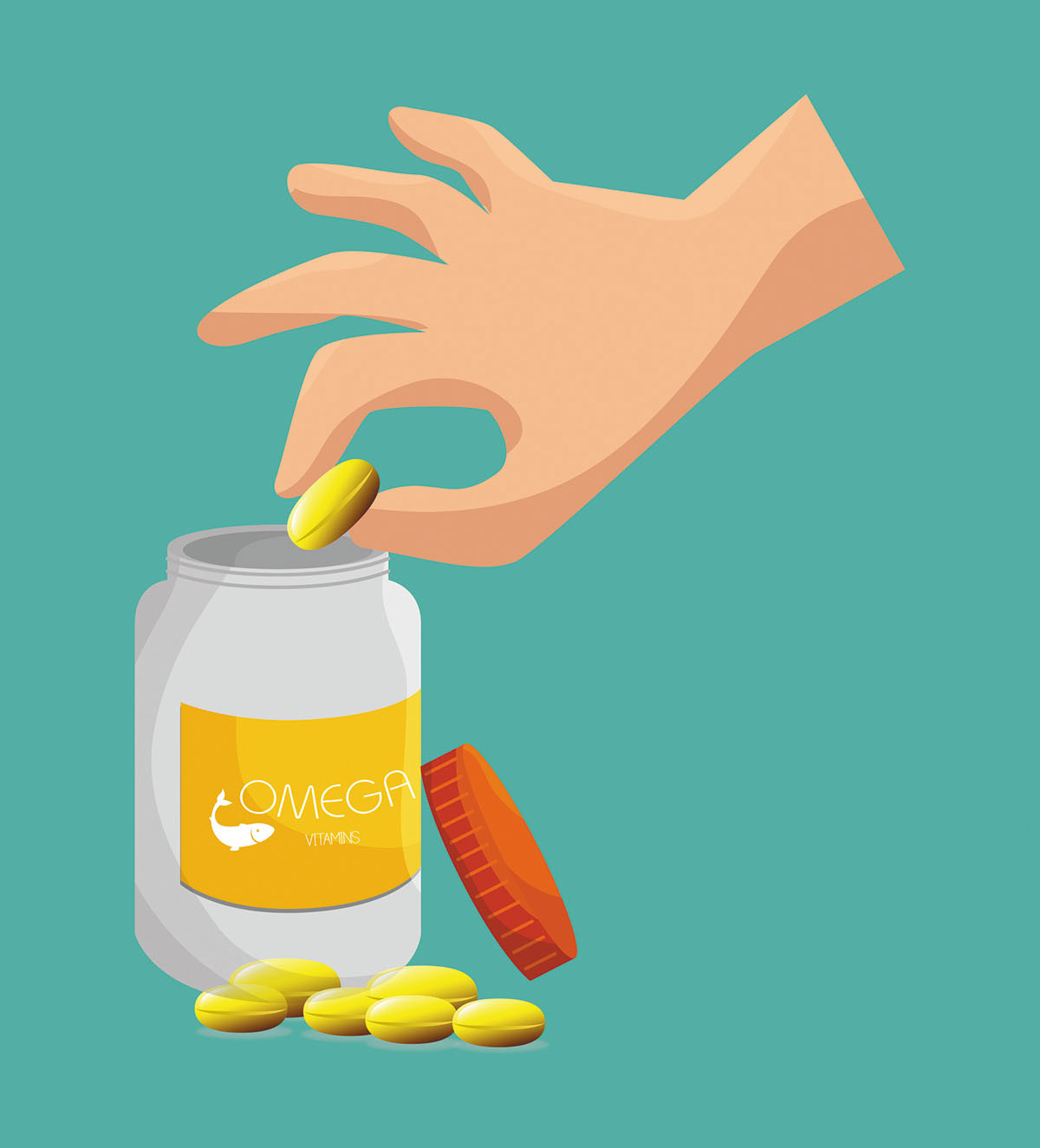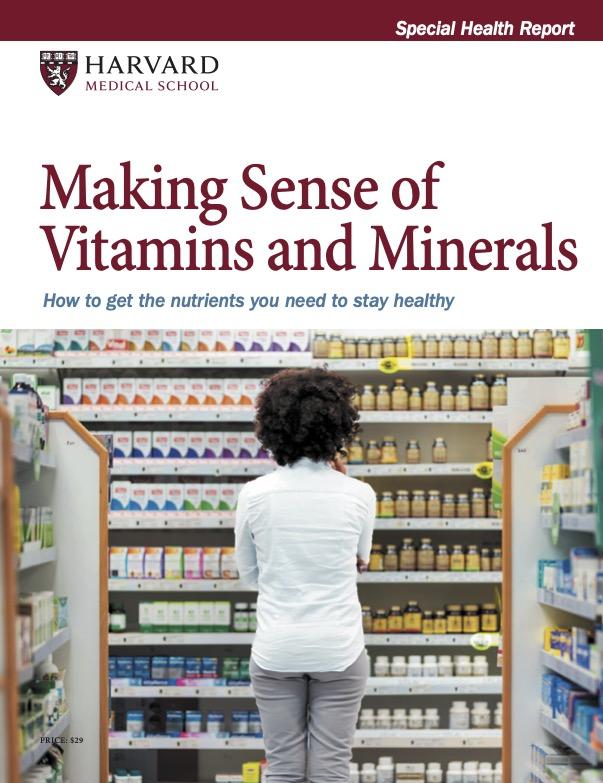Will a multivitamin help my brain?
Ask the doctor
 Q.
I take a daily multivitamin, although I know there's no proof it's good for me. But I recently heard it may help my brain. Tell me it's true!!
Q.
I take a daily multivitamin, although I know there's no proof it's good for me. But I recently heard it may help my brain. Tell me it's true!!
A. It might be. Early in 2023, two randomized controlled trials of a multivitamin pill containing over 20 vitamins and minerals (including vitamins A, B12, C, D, E, biotin, potassium, magnesium, and zinc) got my attention. Randomized controlled trials are the best way to determine whether a treatment is effective.
On April 10, 2023, the results of a trial involving over 2,200 people (average age 71) was published online by the journal Alzheimer's and Dementia. At the start of the study, the people who were assigned to take the multivitamin were very similar to those assigned to take the placebo (inactive pill), with regard to their education and risk factors and their performance on tests of different aspects of cognition. After three years, those who had taken the multivitamin had better scores on cognitive testing than those who had taken the placebo — particularly those people who had known cardiovascular disease.
On May 24, 2023, a second trial was published online by The American Journal of Clinical Nutrition. The study included over 3,500 older people (average age 73) without any known cardiovascular disease. As with the earlier study, the participants were very similar initially, both educationally and cognitively. After three years, the people taking the multivitamin performed better on a test of memory than the people taking the placebo, although they performed similarly on tests of cognition other than memory.
These are the only large randomized controlled trials testing the effects of a multivitamin pill on cognition. They indicate that people older than 60 who take a multivitamin are less likely to experience cognitive decline, at least over the next three years, compared with those taking a placebo pill. The benefit appeared to be particularly true for people who have cardiovascular disease.
These studies do not answer a number of important questions. Which of the vitamins and minerals included in the pill caused the benefits? One of the leaders of the studies, Dr. JoAnn Manson, professor of medicine and epidemiology at Harvard and a member of the Harvard Health Letter editorial board, speculates that the B vitamins, vitamin D, lutein, zinc, and magnesium may be responsible. Will this benefit persist if people take the pill for longer than three years? Will daily multivitamins protect against getting dementia, as well as protecting against age-related cognitive decline? The only way to answer these questions is with more research.
So, to answer your question, you may be achieving a benefit from that daily multivitamin you take.
Image: © studiogstock/Getty Images
About the Author

Anthony L. Komaroff, MD, Editor in Chief, Harvard Health Letter; Editorial Advisory Board Member, Harvard Health Publishing
Disclaimer:
As a service to our readers, Harvard Health Publishing provides access to our library of archived content. Please note the date of last review or update on all articles.
No content on this site, regardless of date, should ever be used as a substitute for direct medical advice from your doctor or other qualified clinician.
















